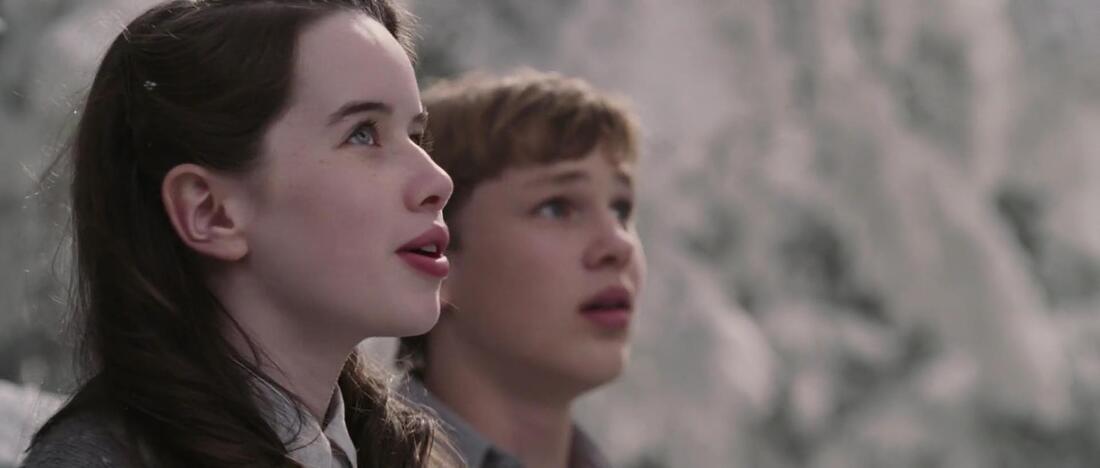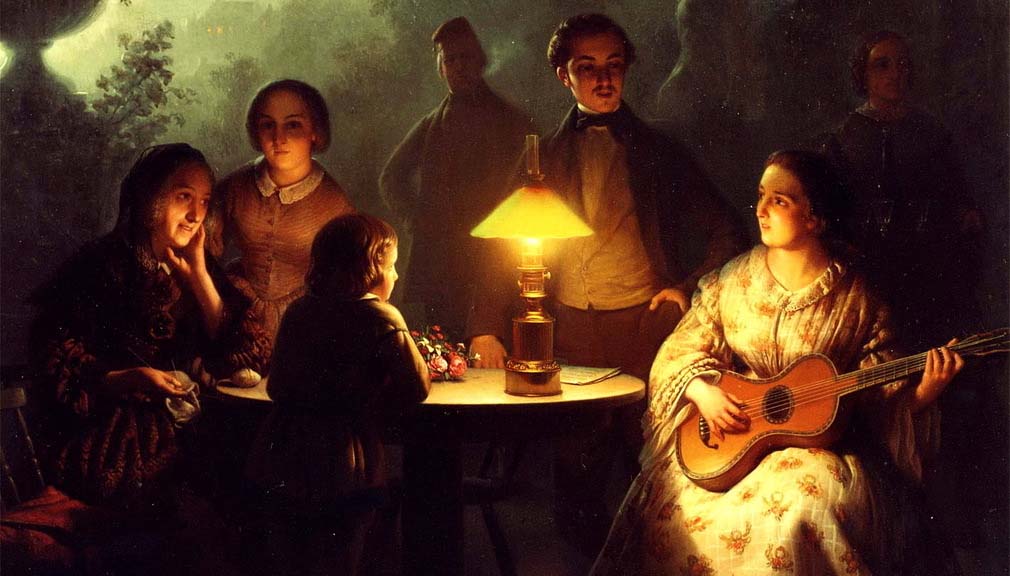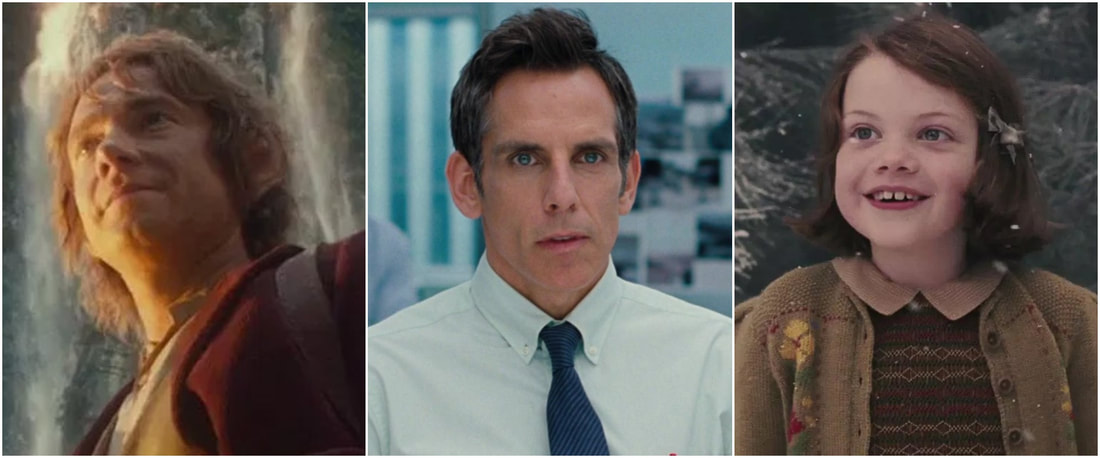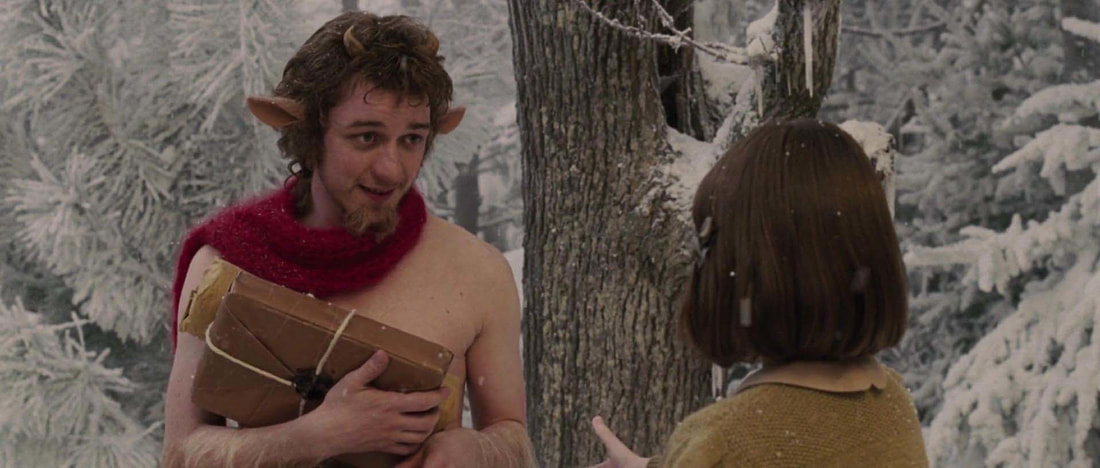|
Do you remember opening up The Lion, the Witch and the Wardrobe for the first time, or better yet having one of your parents open the book up so that you could go to Narnia together? Do you remember what it felt like to visit that magical land of talking beavers and fauns, heroes and villains, mysterious forests and shining castles? It almost seems like a real place. There’s just something about the story that keeps drawing readers in.
Kids today still fall in love with Narnia, stumbling through the wardrobe with Lucy and her siblings, Peter, Susan, and Edmund. The four Pevensie children have an unforgettable adventure there and are crowned kings and queens at the end of the story by the great lion Aslan himself. But that’s only the first novel in The Chronicles of Narnia series. Other stories follow, characters come and go, and some characters change in surprising ways. Lucy’s sister Susan is someone who takes a turn later in life.
Comments
“Where words fail, music speaks.” This quote is attributed to Hans Christian Andersen, the 19th century author of fairy tales such as “The Little Mermaid,” “The Ugly Duckling,” and “Thumbelina.” He’s saying that for all its precision and utility, language has its limits. There are times when words are not enough, when what seems inexpressible in words alone can only be expressed in song. That’s a very humbling thing for a writer to admit. You might think Andersen would privilege the written word above all else. But you don’t have to call yourself a musician to understand the truth in his statement. We know that we need music. I once heard a public talk about pseudoscience and mental health from a psychiatrist at university. His whole lecture was basically an attack on things like anti-stress colouring books, fidget spinners, and other products that people push while claiming they have mental health benefits, even if there is little evidence to back up their claims. Having thrown out nearly everything under the sun, the psychiatrist concluded that science does back the importance of at least two activities which contribute to our mental well-being. Exercise was one of them. The other was hearing music. (Personally, I would add a few things to that list, like reading, writing, community, and service, but then again I’m not an intensely skeptical psychiatrist, so what do I know?) 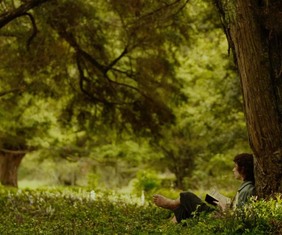 When I first watched The Fellowship of the Ring movie and heard the opening seven notes of the Shire theme, composed by Howard Shore, I was transported. It wasn’t the visual effects that brought me to director Peter Jackson’s vision of Middle-earth. It was that score. I was there with Sam as he lamented the departure of the elves into the far west, with Arwen and Frodo on the desperate gallop to escape the hooded Ringwraiths, and with the nine members of the Fellowship as they rested in the hallowed woodland of Lothlórien. The Lord of the Rings movies are indeed wonderful adaptations, though they don’t measure up to J.R.R. Tolkien’s books. And yet I’ve often thought that for all the changes the filmmakers made, it was worth it to have these films made if only because we got that musical score.
Life is a series of choices. Some are big choices, like who to get married to. Others seem small, like what to have for breakfast. Porridge? Or perhaps an egg-free tofu omelette. All these choices, big and small, have led you to this moment. They’ve had on impact on your education, career, health, and relationships. One choice leads to opportunities for more choices and pretty soon you can look back on your life as a long string of decisions. This is your story, almost as if you were a character in a book. And it all starts somewhere. But before each stage of your story can really begin, you must make an important choice. It's the choice of how to respond to what Joseph Campbell entitles "the call to adventure." In Campbell’s description of the hero’s journey, the call to adventure is where everything takes off. Our main character receives a revelation. Perhaps they discover that a whole other world exists, an unknown world "of both treasure and danger." It’s an exciting place, but also unpredictable. And so like Neo in The Matrix, they come to a crossroads. The blue pill or the red pill. It is the choice of whether to continue being comfortable with what they know, or to take a chance and step out into the unknown. 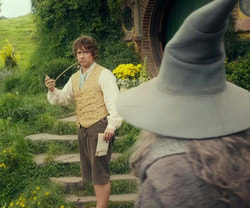
Why would anyone ever leave what they know in order to be uncomfortable? That doesn’t sound very relaxing. Or safe. And more importantly, what would the neighbours think? Bilbo Baggins deals with those exact concerns in J.R.R. Tolkien’s The Hobbit. The Bagginses are seen as "very respectable" in large part "because they never had any adventures or did anything unexpected." But when Gandalf and his throng of dwarves show up on the doorstep for an evening of telling tales about the battles and treasures of faraway lands, something awakens inside Bilbo’s heart. He realizes there’s more to life than tea, buttered scones, and seed-cakes at Bag End. There’s a whole other world out there, and it starts at the little road just outside his front door.
Christmas is fast approaching and the mad rush to purchase last-minute gifts is in full swing. The season brings with it plenty of sweets, colourful lights, and crowded department stores. For those of you in more northern climes, chances are you’ve been trekking through the snow and ice to do your holiday errands. And finally, the big moment will arrive. You give the gifts, Santa Claus gets the credit, and everybody sits down to eat too much Christmas ham, or your poultry of choice. But believe it or not, that isn’t the only way to celebrate Christmas. They do it a little differently, for example, in Narnia. When we first encounter Narnia in The Lion, the Witch and the Wardrobe it looks like a snow-laden wonderland of sorts. It’s kind of magical, really. But as Mr. Tumnus the faun soon reveals, there is apparently something sinister behind the beautiful quiet of the falling snowflakes. He tells Lucy that the White Witch "has got all Narnia under her thumb. It’s she that makes it always winter. Always winter and never Christmas; think of that!" Sounds horrible. But think of all the time you’d save not having to scour the aisles for stocking stuffers. 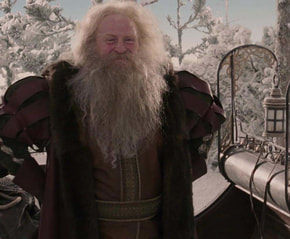
If you remember the story, the Narnians do get to have Christmas eventually. As Peter, Susan, and Lucy Pevensie follow Mr. and Mrs. Beaver through the snow, hoping to escape from the White Witch, they hear the sound of an approaching sledge and its jingling bells. Who else could it be but the witch herself, hoping to catch them before they reach Aslan’s army? But it isn’t. As C.S. Lewis describes the scene, "on the sledge sat a person everyone knew the moment they set eyes on him. He was a huge man in a bright red robe (bright as hollyberries) with a hood that had fur inside it and a great white beard that fell like a foamy waterfall over his chest." Father Christmas himself.
|
David Raphael HilderJoin the conversation as we explore the best there is in fantasy, sci-fi, adventure, and of course, the classics Archives
December 2020
Categories
All
|

